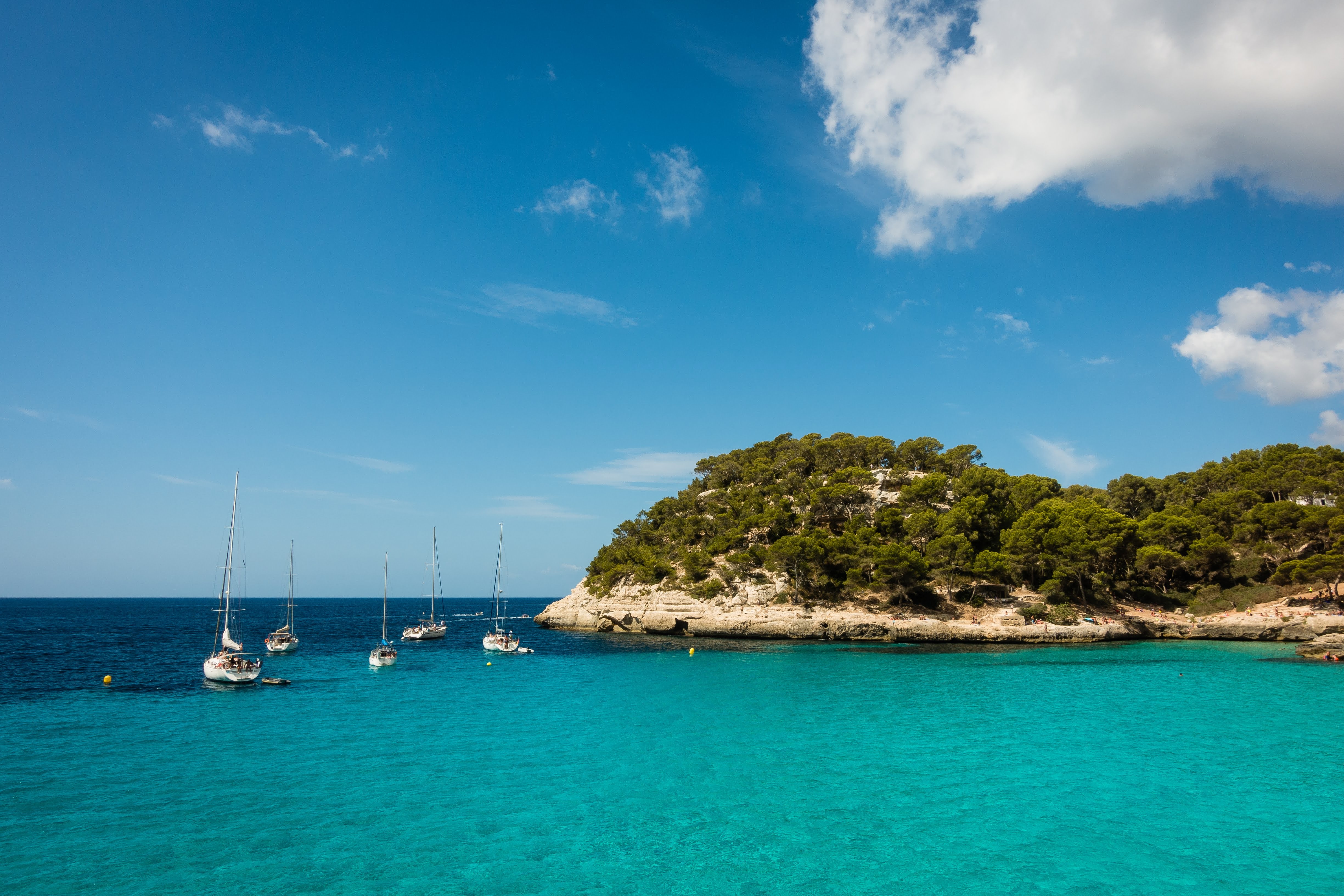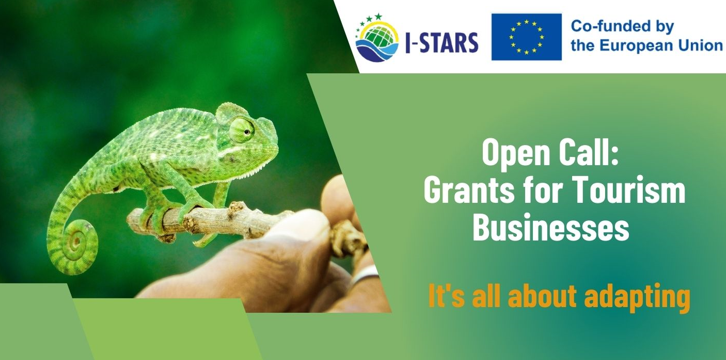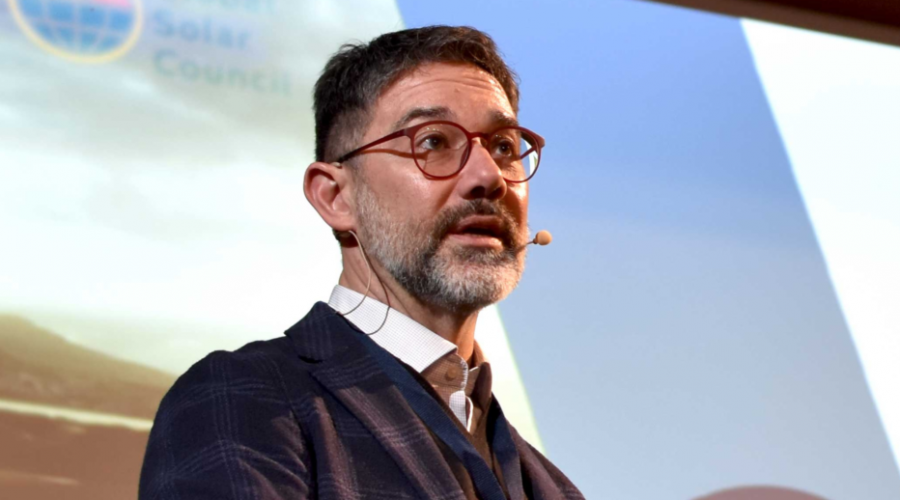What are the Strategic Guidelines for Menorca?
The Strategic Guidelines for Menorca (Directrices Estratégicas de Menorca, DEM) are a new initiative by the Institut Menorquí d’Estudis (Menorcan Institute of Studies), launched in 2016, aimed at helping the island transition towards a more sustainable way of life. This process is in line with the UNESCO MaB (Man and the Biosphere) programme, under which Menorca was categorised as a Biosphere Reserve in 1993. As a Biosphere Reserve, Menorca is committed to setting an example in terms of sustainability that can be reproduced at a global scale.
The DEM guidelines work in the following ways to achieve this objective:
- Gather and disseminate the knowledge necessary to make well-informed decisions.
- Generate public consensus by helping to raise awareness, stimulate debate and encourage widespread participation.
- Define the strategies to be followed by the agents and bodies responsible for decision-making and implementation across the cultural, social and economic spheres.
The Strategic Guidelines are part of a transparent and continuous process aimed at bringing about a cultural paradigm shift, paving the way for a more sustainable future. Supported by an analysis of the knowledge, structures and dynamics responsible for Menorca’s present situation, this process will activate the island’s potential, identify weaknesses and link up with existing initiatives.
The DEM-energy process
In 2017, work began on the first area to be dealt with by the DEM guidelines, energy (DEM-e), with the following objectives:
- To increase public knowledge and awareness about the current state of Menorca’s energy system.
- To analyse Menorca’s current energy system, identifying its ecological, social and economic impact, and its situation in relation to the regional, continental and global energy context.
- To establish the strategic guidelines for transitioning to a future energy system designed to fulfil Menorca’s obligations as a Biosphere Reserve as effectively as possible.
The DEM-e process has also helped to foster the conditions necessary to make Menorca’s energy transition feasible. At the local level, an energy transition agenda has been established to support the role of local authorities in the transition, an initiative that has also been extended beyond the island itself to national and international institutions.
Work has also been done with planning bodies, who will play a key role in the energy transition. This has included providing advice, reviewing documents and participating in working groups. One of the most important steps in this regard was the advice offered during the review of the Island Territory Plan (Plan Territorial Insular, PTI), since land-use planning is key to implementing the energy transition. It is also worth highlighting support provided to the Menorca Biosphere Reserve Action Plan, approved in 2019, ensuring it included the necessary measures in relation to energy.
The DEM-e guidelines have the support of the Regional Government of the Balearic Islands (Govern de les Illes Balears, GOIB), through its General Directorate of Energy and Climate Change, as well as the Menorca Island Council (Consell Insular de Menorca, CIM), which included the DEM-e’s decarbonisation objectives and strategies in its ‘Menorca 2030 Strategy’ roadmap, approved by the CIM Assembly in March 2019.
Energy system decarbonisation guidelines
The conclusions of the DEM-e process were set out in the document ‘Menorca’s Second Energy Transition’, which contains the guidelines proposed for decarbonising the island’s energy system.
They were drawn up with the objective of drastically reducing greenhouse gas emissions, based on a comprehensive vision for Menorca’s energy sources, infrastructure and use. They aim to reorientate the energy system from its current configuration towards a model based on renewable energy, fully compatible with the commitments entailed by Menorca’s Biosphere Reserve status.
The guidelines are shaped by the three key criteria for energy sustainability (security of supply, economic viability and environmental sustainability), as well as the principles governing Biosphere Reserves:
- Security of supply: the design of the future energy system will improve current standards of energy supply in terms of quality, reliability and security, by replacing non-renewable fossil fuels with local renewable energy sources and promoting self-sufficiency to reduce external energy dependence.
- Economic viability: the energy transition will also guarantee the economic sustainability of the new energy model, which will prioritise the creation of a local economy around the transition, reversing decapitalisation processes and economic dependence.
- Environmental sustainability: a commitment to mitigate climate change and improve air quality are central to Menorca’s energy transition model.
- Public participation: wider society will participate in the energy transition as both a driver and beneficiary of change. This will be achieved through promoting public engagement, with the idea of forming an energy community that will be the principal actor in the change of energy model.
- Respecting Menorca’s landscape: the infrastructure associated with the energy transition will be integrated into Menorca’s landscape and ecosystems, protecting its agroforestry mosaic and historical heritage.
The following objectives have been set for 2030:
- 85% of electricity demand covered by renewable energy generated in Menorca
- 50% reduction in land transport fossil fuel consumption
- 30% reduction in fossil fuel consumption for heating in the service, residential and industrial sectors
- 10% reduction in red diesel consumption in the primary sector
These objectives will lead to a 71% reduction in greenhouse gases (GHG) compared to 2013 and a 54% reduction compared to 1990. This will bring us in line with the EU Roadmap 2050 and the Climate Change and Energy Transition Act, approved by the GOIP in 2019, which are our frames of reference for the decarbonisation process.
The DEM-e guidelines are a voluntary roadmap, subject to review, which will allow Menorca to take the first steps in transforming its energy sector, one of the key obstacles to the island fulfilling its commitments as a Biosphere Reserve. The energy transition will be viable provided it can count on the support and commitment of wider society, and in this regard it is important to bear in mind that Menorca’s Biosphere Reserve status plays an important role in improving quality of life on the island and preserving the environment in which we live.
Find more information at this link: http://www.ime.cat/publicacions/llistat.aspx?Tipo=DDEM












